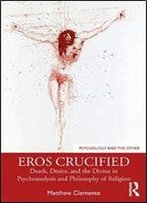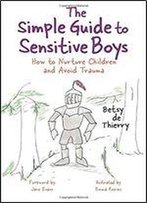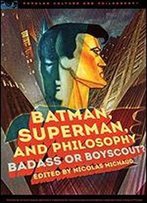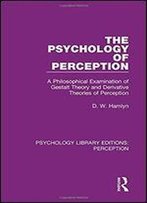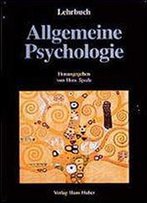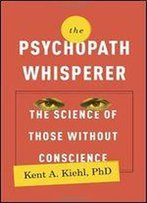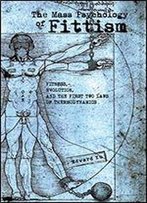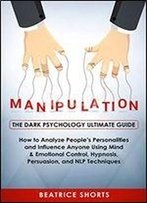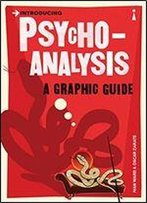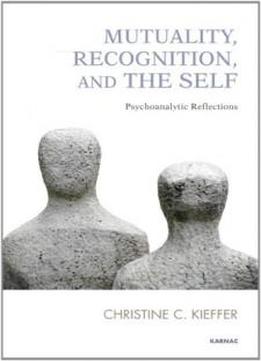
Mutuality, Recognition And The Self: Psychoanalytic Reflections
by Christine C. Kieffer /
2013 / English / PDF
684 KB Download
Mutuality, Recognition, and the Self
Mutuality, Recognition, and the Self examines emerging
trends in contemporary psychoanalytic theory and practice,
highlighting intersubjective and relational models of the mind. It
presents vivid and extended clinical vignettes that demonstrate the
analyst’s use of the self in building clinical momentum and
continued development. The author highlights the importance of
mutuality and recognition in the development of the self,
illustrating the impact of family, the larger group context, and
the contribution of the analytic encounter.
examines emerging
trends in contemporary psychoanalytic theory and practice,
highlighting intersubjective and relational models of the mind. It
presents vivid and extended clinical vignettes that demonstrate the
analyst’s use of the self in building clinical momentum and
continued development. The author highlights the importance of
mutuality and recognition in the development of the self,
illustrating the impact of family, the larger group context, and
the contribution of the analytic encounter.
This book is divided into three sections: First, the contribution
of family to development, including some relatively neglected
topics, such as the importance of fathers in female development,
the role of siblings, the experience of “only” children or
singletons in the family, and the impact of the extended family
(including grandparents) upon the individual. A second section
examines the influence of unconscious group processes upon
individual development and functioning, and includes papers that
highlight the contribution of group psychotherapy as a form of
treatment. The last section of the book focuses upon challenging
cases in which there has come to be a
transference-countertransference impasse, illustrating the author’s
approach to enabling both patient and analyst to work through these
daunting moments, resulting in renewed therapeutic action.
This book is divided into three sections: First, the contribution
of family to development, including some relatively neglected
topics, such as the importance of fathers in female development,
the role of siblings, the experience of “only” children or
singletons in the family, and the impact of the extended family
(including grandparents) upon the individual. A second section
examines the influence of unconscious group processes upon
individual development and functioning, and includes papers that
highlight the contribution of group psychotherapy as a form of
treatment. The last section of the book focuses upon challenging
cases in which there has come to be a
transference-countertransference impasse, illustrating the author’s
approach to enabling both patient and analyst to work through these
daunting moments, resulting in renewed therapeutic action.


